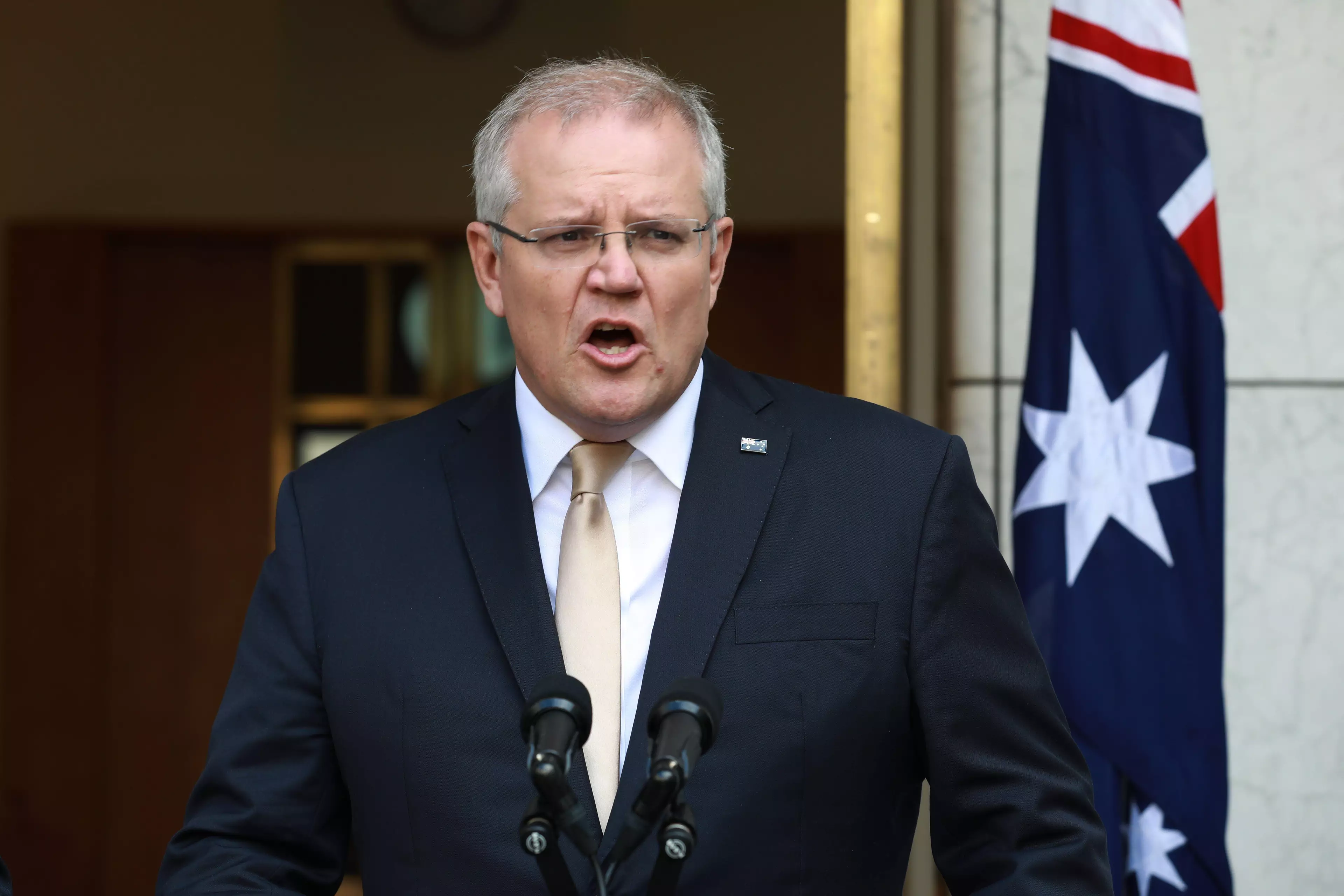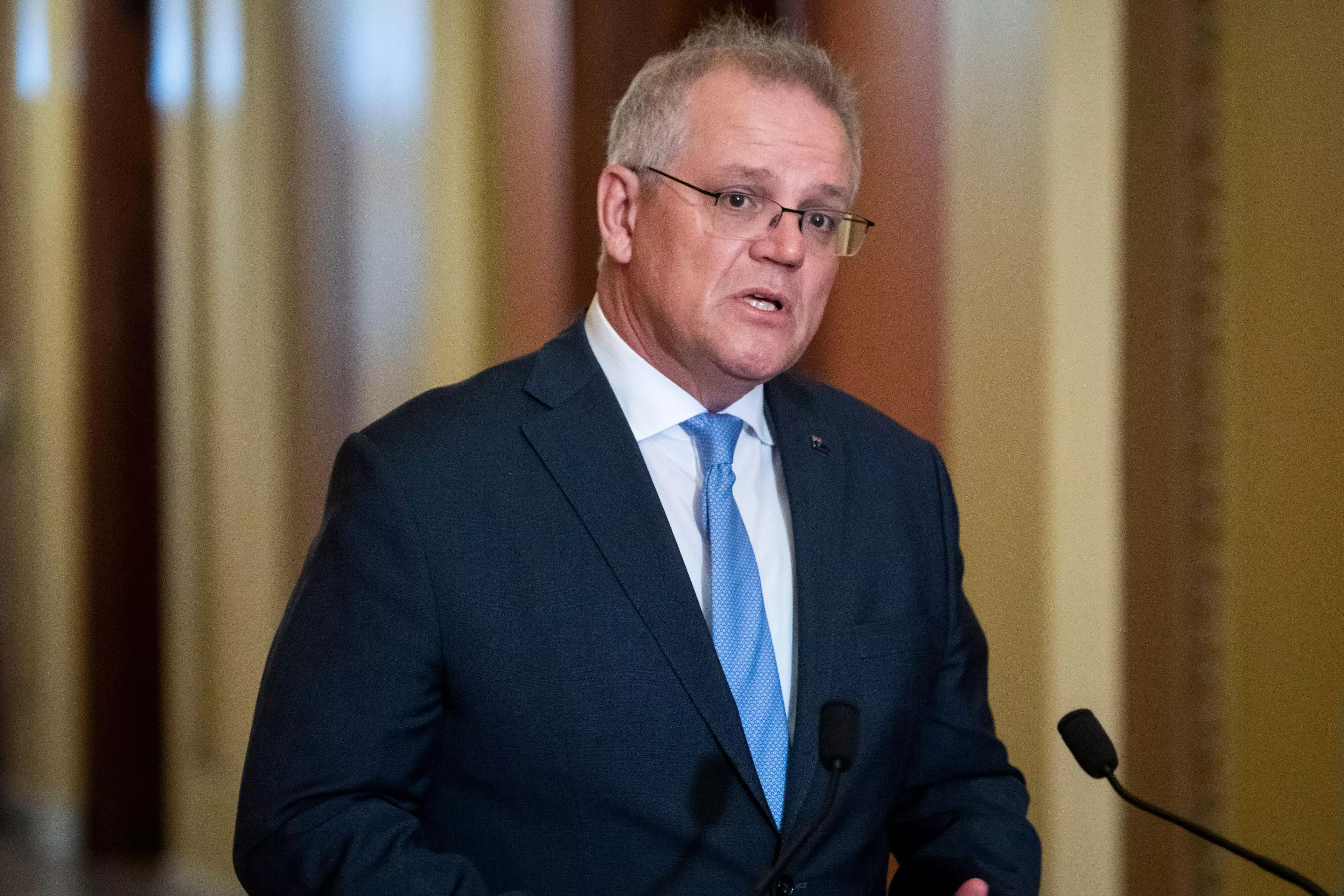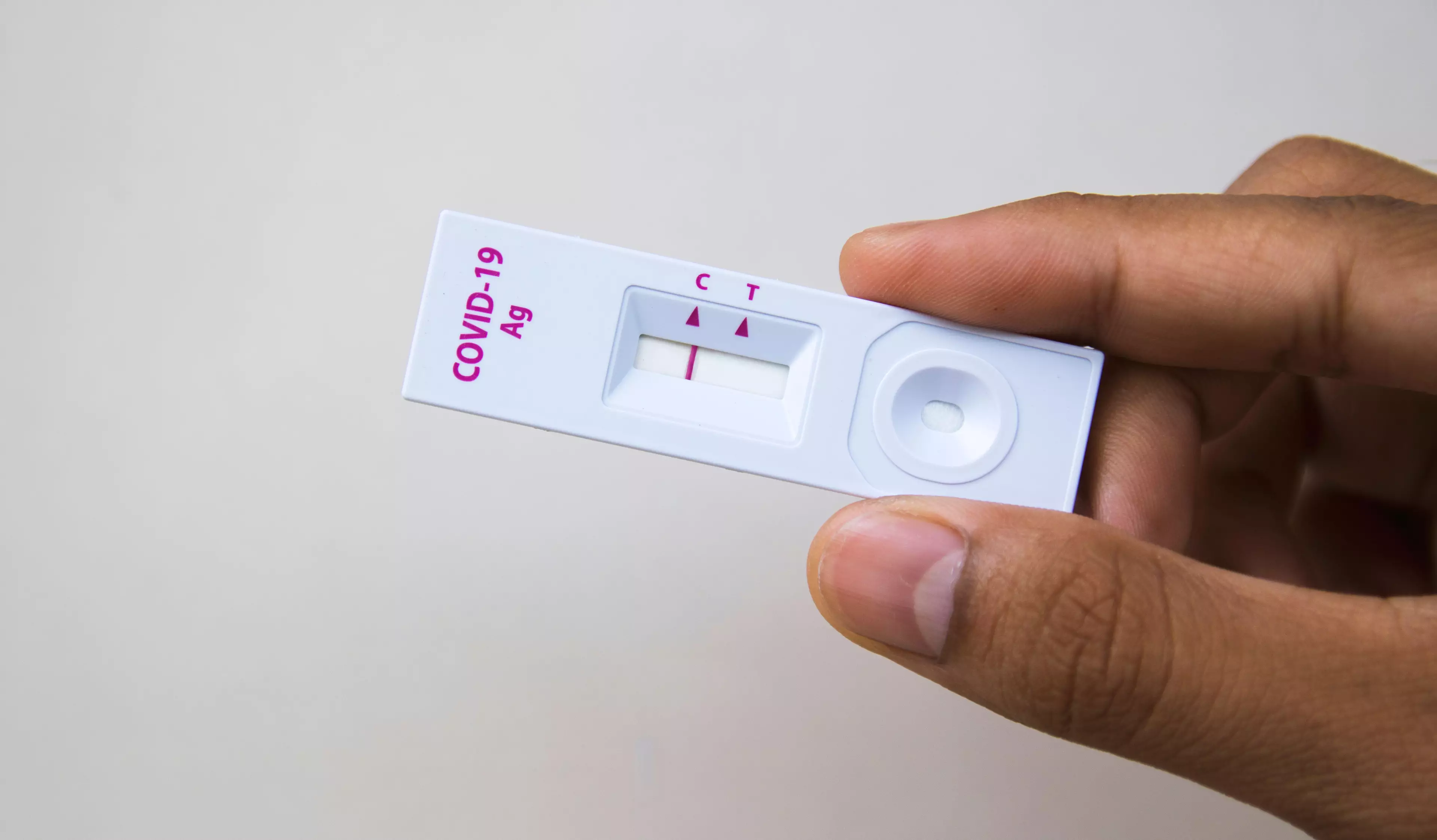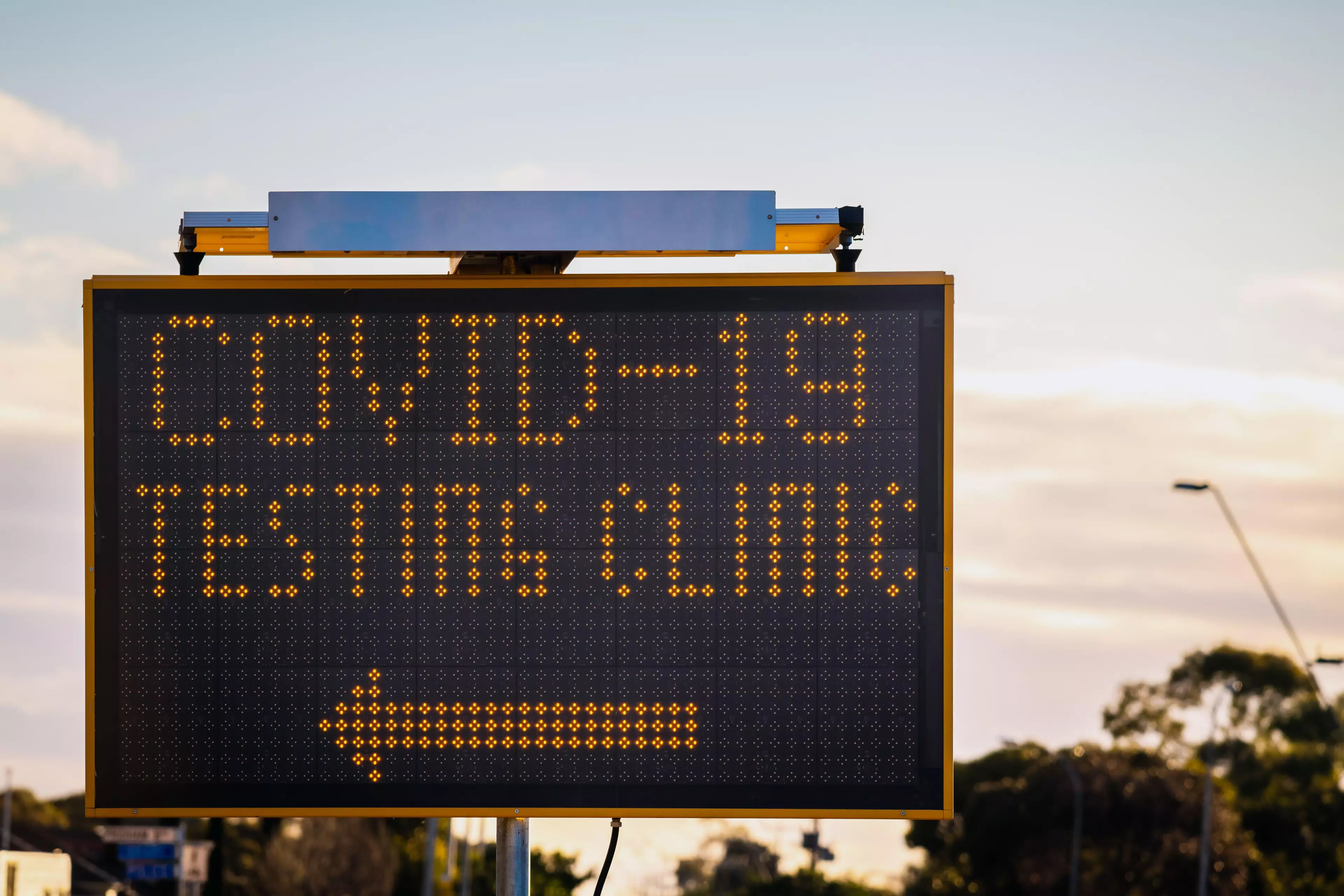
The definition of COVID close contacts and the rules behind isolating for positive cases have been changed following a national cabinet meeting yesterday.
The changes come despite a warning that cases are likely to surge across the next few weeks, with Prime Minister Scott Morrison saying the country is well prepared to handle the rise in numbers.
Restrictions and testing requirements for casual contacts have been completely removed and the changes take place from midnight tonight.

Under the new requirements, isolation following a positive test has been reduced from 10-days to seven, although South Australia will stick to the 10-day isolation.
People who test positive for COVID will need to return a negative rapid antigen test on day six of their isolation to be able to leave on day seven.
Morrison said people who are currently in isolation and have been for more than a week could leave isolation from midnight on Thursday.
The definition of a close contact has also been changed and will now apply only to people who have been with a confirmed case for more than four hours within an accommodation or care facility setting.

That change will be implemented from midnight Thursday in NSW, Victoria, the ACT, South Australia and Queensland.
Tasmania will adopt the change from January 1, while the Northern Territory and Western Australia will look to make the changes in the new year.
The aim of the change is to reduce pressure on testing centres, which is being followed up with a new preference for rapid antigen tests over PCR tests.
There are concerns though over the supply of the rapid tests, which have previously been dismissed as the lesser testing option.

Almost 22,000 cases were recorded across the country on Thursday, but Chief Medical Officer Professor Paul Kelly has said that despite the rising cases, the evidence shows Omicron is less severe than other variants.
"It is a different virus, very different from previous versions of the virus we have seen over the last two years," he said.
Other experts are concerned by the changes though, saying the amendment to the close contact definition could accelerate the outbreak.
The Australian Medical Association accused the government of putting politics over health.
AMA President Dr Omar Khorshid said narrowing the definition to household contacts will lock in very high transmission rates and accelerate the outbreak of Omicron.

"We will miss so many more cases with this new, more narrow definition of a close contact.
"Anyone catching Omicron in a restaurant or pub for example and who are asymptomatic won't know they're infected and could pass the virus on to more vulnerable people.
"The change will help to preserve testing capacity and should limit the number of furloughed health workers, but it will come at the cost of accelerating the outbreak.
"It seems National Cabinet is prepared to bet that a massive Omicron outbreak won't cause large numbers of hospitalisations. Whilst initial data is encouraging, we expect hospitalisations to rise in coming weeks simply due to the very large number of cases, which will be far larger than the positive tests indicate, due to today's decision," Dr Khorshid said.
Featured Image Credit: Nareshkumar Shaganti / Alamy Stock PhotoTopics: covid, News, Scott Morrison, Australia